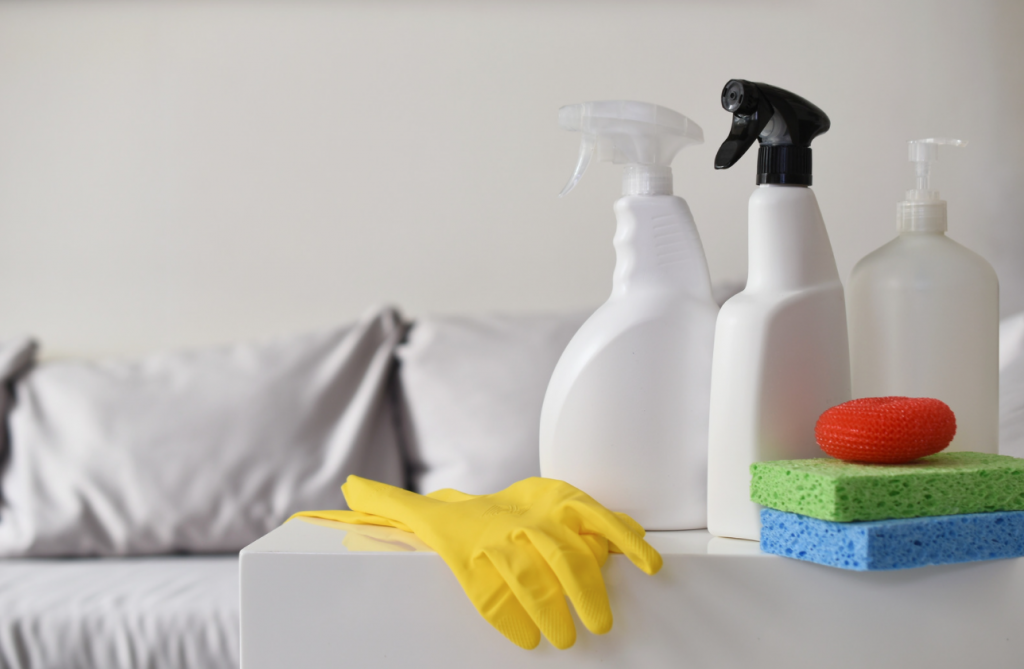The absence of physical activity has been recognized by the World Health Organization (WHO) as one of the factors most associated with a higher mortality rate in our society. Exercise is one of the cornerstones included in our programs, and one that we consider as the key to our lifestyle habits.
At Neolife, we provide counselling on toxins to:
People who, due to their lifestyle habits, are subjected to high levels of toxic substances: tobacco, alcohol, handling of toxic chemicals, etc.
People who wish to avoid the risks associated with the toxins that surround us in our daily life as much as possible: pollution, food, toxins in our environment.
The answer is yes and it will occur through different types of exposure: oral (through ingestion), through the skin, or by inhalation.
Among the most typical toxins are heavy metals. Our body is able to eliminate part of these metals mainly through the liver, but in some cases, either due to deficiencies in our body or due to an excess of these metals, our body cannot get rid of them properly, and in some cases they accumulate, causing neurological alterations, symptoms such as tiredness, blood disorders like anemia, and also liver failure or even cancer.
Not only is there concern about accumulating lead, mercury, or cadmium, but a person can also be exposed to asbestos in the workplace (responsible for pleural cancer) or aromatic amines (para-phenylenediamine -PPD-, 4-aminobiphenyl…, components present in dyes related to bladder cancer).
One of the most common forms of exposure to toxins is food poisoning.
Food poisoning is an infection or irritation of the gastrointestinal tract caused by any food or food product that, because it contains toxic substances, germs, metals, additives, hormones, etc., causes intoxication.
The toxic effect may or may not manifest itself: it will depend on the type of poison and the amount and frequency of consumption of the contaminated food. There can be serious and acute intoxications, which are detectable in a short period of time, to chronic intoxications that do not produce a short-term effect, but do affect us and have repercussions over time (they may be responsible for mutations in the DNA, leading to the formation of malignant tumors).


Limiting toxic habits, like smoking, and excessive alcohol and drug use, helps us gain years and quality of life.
The abuse of these substances favors the development of diseases, such as cancer, hypogonadism (testicular atrophy), and liver, gastric, or neurological problems (Wernicke encephalopathy and Korsakoff syndrome, etc.).…).


Research is currently underway on the harmful effects of other molecules, called endocrine disruptors, present in numerous products in our daily life. They mainly affect hormonal secretions (alteration of the thyroid axis, onset of precocious puberty…) and the nervous system, and may even induce the appearance of certain tumors. The combination, even in small quantities, of these different molecules may have a synergistic effect (potentiation of the negative effect on the body).
It is essential to know how to identify them in order to avoid coming into contact with them, as they may easily be found in our environment (cosmetics, cleaning products, objects, etc.).
Allergens are often identified (pollens, foods, metals, animal epithelia…), but this is not always the case. It is useful to know which of the products we use daily may contain them, since many of them we do not even suspect. For example, methylisothiazolinone and phenoxyethanol, which may cause contact dermatitis, are likely to be present in creams, shampoos, paints, etc… These molecules are used because they are biocidal and have preservative properties.
Essential oils should also be used with caution; some may cause skin blemishes after sun exposure (increased photosensitivity).
A tip when choosing cosmetics: avoid those with an extensive list of ingredients.
At Neolife, the interventions that allow us to identify various problems related to toxins involve collaboration between doctors and dieticians, the medical history (and the habits described in it), biomarkers, and a physical examination.
On the one hand, our nutrition team advises our clients to prevent these possible food poisonings: we teach our clients how to store, cook, clean, and handle food correctly, avoiding ultra-processed foods and prioritizing the choice of quality raw materials. On the other hand, we explain the consequences of toxins in the body and how to limit them (use of hormones and drugs when necessary, positive reinforcement and indication of diagnostic tests if there is suspicion of diseases secondary to exposure to toxins).

Neolife’s main objective is to work on each individual’s preventive health. de forma global. To this end, our professionals analyze the patient’s various health factors, i.e. nutrition, sleep, stress, exercise, nutritional supplementation, lifestyle, and metabolic-hormonal balance, all of which are fundamental pillars at Neolife, in order to treat the patient in a comprehensive manner.
At Neolife, every patient receivespersonalized instructions to improve lifestyle habits: we adapt hormone replacement to each stage of life, to optimize health and prevent diseases derived from hormonal deficits associated with aging; we design adapted physical training and exercise routines and guidelines; we provide guidance on how to reduce or eliminate toxins…
Continuous review of the proposed exercise, behavioral health, and detoxification programs. Our guidelines are not static, but evolve with the program over time, and should be maintained, intensified, or reduced based on objective and measurable parameters.
The analysis of our clients’ lifestyle habits and the prescription of programs to improve these habits is carried out jointly by the Medical and Nutrition teams, in collaboration with specialists in other disciplines, such as sports and behavioral health experts.
For many years now, our medical team has accumulated knowledge about Age Management Medicine. At Neolife, we are at the forefront of theresearch being conducted on the aging process worldwide, both in terms of the causes and the factors that that may counteract or limit it.
We assume that when we talk about changing lifestyle habits, we are dealing with cases where there are very important physical and psychological factors. This involves accompanying the patient in the process, guiding, and motivating them in the pursuit of healthy goals.
Synonymous with returning to a good quality of life that allows us to be more efficient in our daily lives.

No posts found!
Por otra parte, las intoxicaciones pueden durar entre unas horas y varios días, así como manifestarse a diferentes niveles: visual, gastrointestinal, neurológico, cutáneo...
Existen infinidad de tóxicos, algunos de ellos todavía desconocidos. Estos tóxicos pueden ser:
Cualquier persona puede sufrir una intoxicación por alimentos, pero ciertas poblaciones son más vulnerables que otras:
On the other hand, poisoningscan last between a few hours and several days,as well as manifest at different levels: visual, gastrointestinal, neurological, skin ...
There are countless toxins, some of them still unknown. These toxics can be:
Anyone can get food poisoning, but certain populations are more vulnerable than others:
|
|